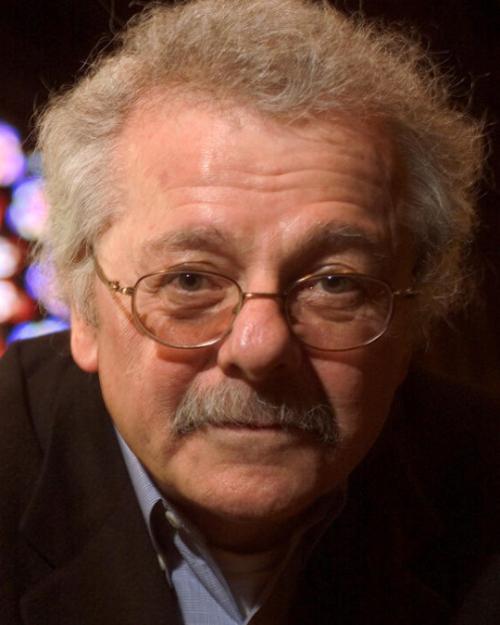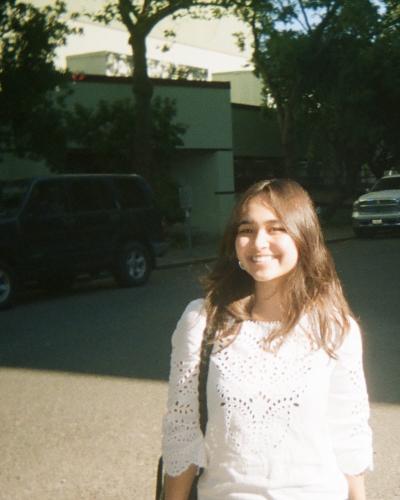When Callista Wessells was applying to college, she applied as an undecided major. However, in her college essays she talked about her vague interests in American Studies.
After matriculating at Cornell, she realized how the AMST department embodies liberal arts education through interaction with different people and different disciplines. She also appreciated the structure of classes.
“I think I liked how some of the classes were on the smaller side. That helped me feel like I could participate and really get to know the teachers,” Wessells states. “And I’m kind of on the more reserved side in bigger classes so I really liked that about the major,” she adds.
Some of her favorite classes in past years have been with Professor Casey Schmitt, Department of History, revolving around topics of race, slavery, and governance in early America and the Caribbean.
Now, as a senior, she is working on her senior thesis in the AMST department with Professor Joseph Margulies, Department of Government.
Her thesis will focus on the history and development of criminal justice reform in Seattle, WA, where she is originally from.
In addition to coursework, Wessells hopes to use the work she does outside of class in her hometown by taking part in internships with Seattle based attorneys and organizations.
She also found herself applying AMST content this past summer, working for Gartner, a business-research consulting company.
Although unrelated to her major and career interests, Wessells feels as though she was able to practice critical reading, listening, and writing skills because of AMST and Cornell.
“My internship this past summer focused on making information accessible, which I think is a really important skill to have and that’s something I try to do with my writing in school,” she reflects.
Wessells currently doesn’t know what specific law career she wants to pursue but knows that she wants to incorporate people’s stories together to understand how society functions.
“That’s part of the reason why law [and American Studies] really appeal to me. They’re both really focused on individual stories and also a broader more systemic awareness with the world we live in and how they interact.”





